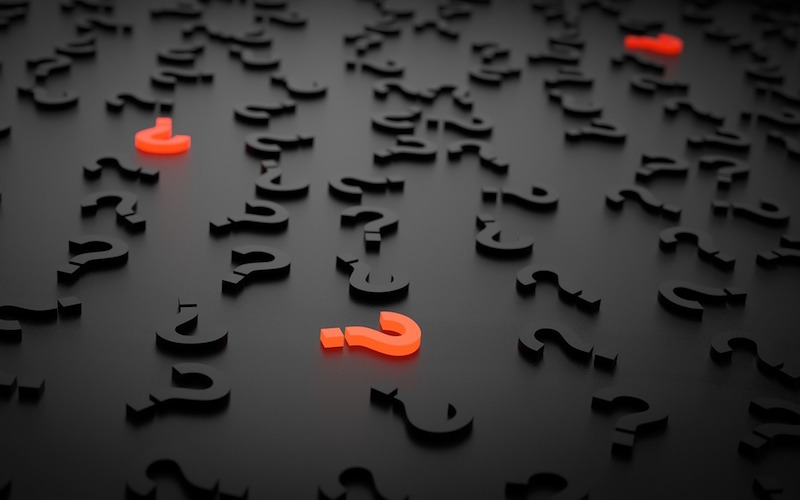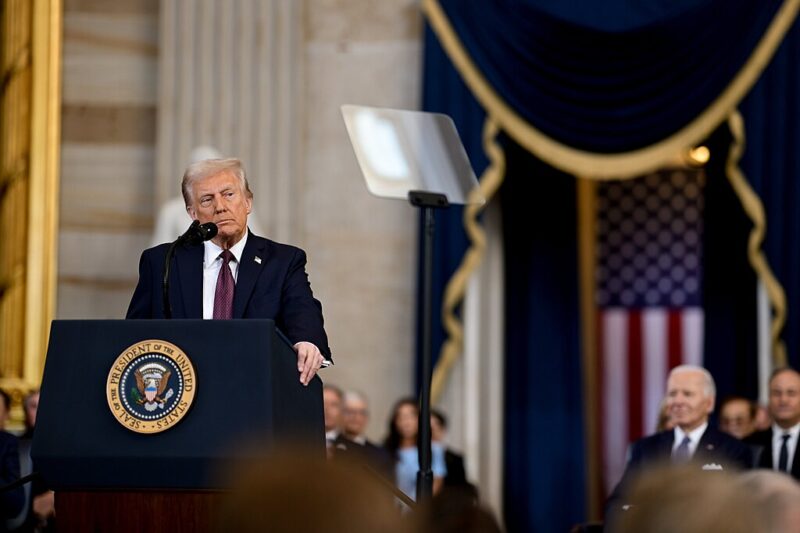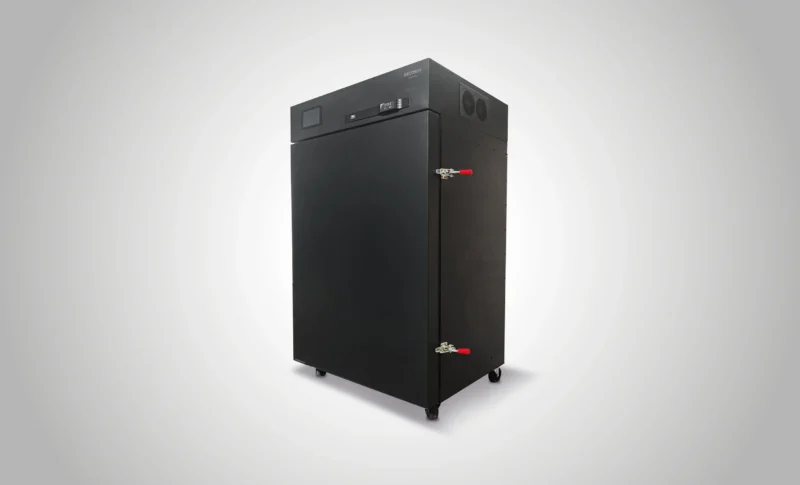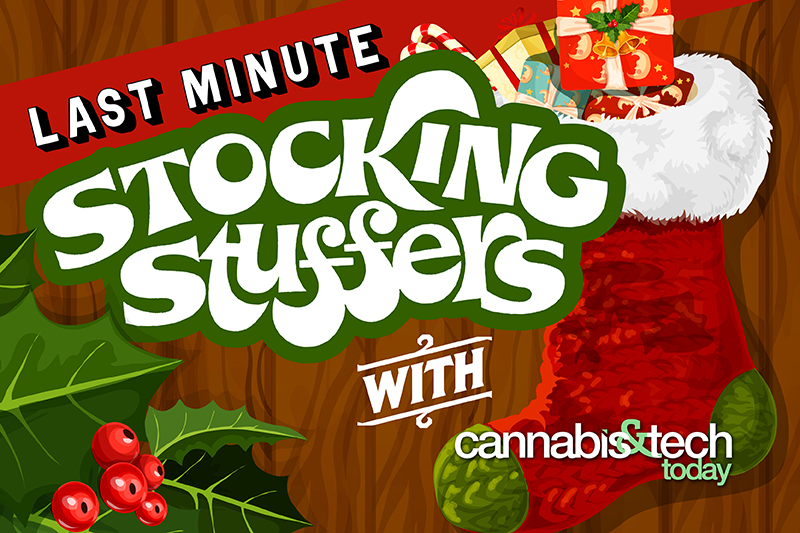By Cyrus Partow
As CBD continues to grow social acceptance through mainstream popularity, a proliferation of misconceptions has also started to spring up. While CBD is gaining awareness as a potentially effective health aid for a variety of symptoms and conditions, misinformation on the topic is just as abundant. We want to set the record straight, so let’s dive into some of the common CBD myths and misconceptions on the market.
1. CBD is Fully Legal in the United States
Unfortunately, we still have a way to go as far as legalization goes. The 2018 Farm Bill legalized the cultivation, possession, and use of industrial hemp, but that’s only defined as cannabis plants with less than 0.3 percent THC. This means CBD, as well as other derivatives of industrial hemp, were removed from the Controlled Substances Act and the purview of the DEA (Drug Enforcement Administration).
However, the FDA (Food and Drug Administration) labeled CBD as a pharmaceutical drug by approving it as a treatment for two rare forms of childhood epilepsy. The approval of this drug, called Epidiolex, means the FDA maintains that selling hemp-derived CBD as a dietary supplement is still illegal. Likewise, CBD that’s extracted from marijuana instead of hemp (cannabis with more than 0.3 percent THC) is still classified as a Schedule I drug under federal law. Most all CBD legally sold online, for example Nuleaf Naturals CBD oil, extract their CBD from hemp so there’s no THC. This is how retailers are legally selling CBD in the United States.
Related: What Counts as ‘Medical Marijuana’ Varies From State to State – And That’s a Problem.
2. Legalizing Only CBD Will Help the Medical Patient Population
While CBD is proving to be an effective medicine for countless symptoms and medical conditions, the restrictions in place are still at an unnecessarily high level. 30 states have legalized medical marijuana to a degree, while 17 states have “CBD only” laws enacted that require strictly low or no THC in their CBD products.
As parents with children who experience the rare forms of childhood epilepsy notice, though, a CBD-rich remedy with little to no THC isn’t the best solution for everyone. On the contrary, adding THCa (the unheated, raw version of THC) or low amounts of THC helps further with seizure control. THC-dominant products are found to often be more effective than CBD-rich products for many epileptic patients. It’s becoming clear that CBD-only laws are not the best options for all patients.
3. CBD Isolates Are Better Than Whole Plant Extracts
While CBD isolates are often labeled to have a higher strength of CBD than the full-spectrum counterpart, that doesn’t necessarily make them more effective. Full-spectrum CBD products include more than just the cannabidiol extract as compared to an isolate. Besides CBD and THC, there are 100+ other cannabinoids and terpenes contained within the hemp plant. These cannabinoids and terpenes can enhance your experience, intensify the effects of the cannabidiol, and more. This means the whole plant extract products are often easily superior to the CBD isolate products.
There is a lot left to learn about CBD that many consumers aren’t aware of. Breaking down the common misconceptions, one myth at a time, can hopefully help more people take advantage of the potential medicine. Not just ideal for patients, CBD is a substance anyone can incorporate into their daily life to improve their mood, enhance their quality of life, and much more.
Author
-
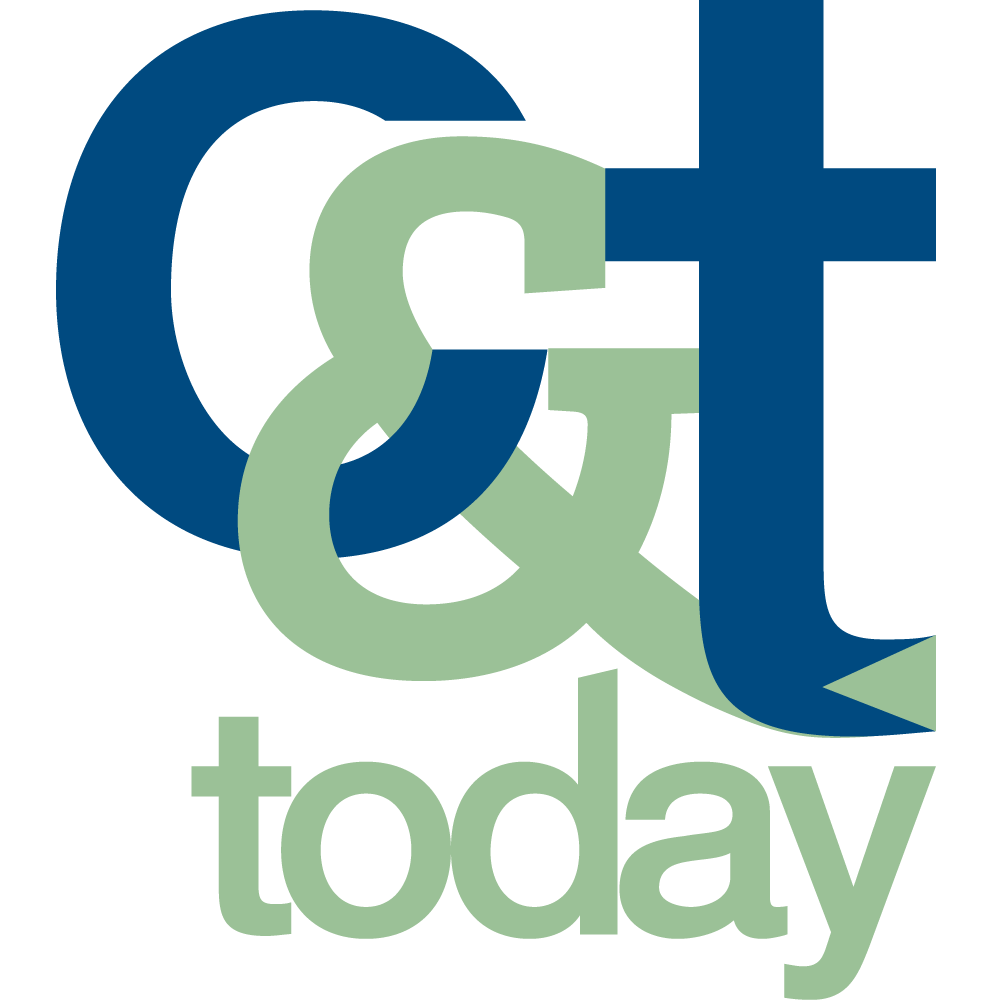
Cannabis & Tech Today is the premier publication for inspiring business profiles, exclusive interviews with thought leaders in the field, science innovations, and insights on new legislation and growth in the cannabis market.

